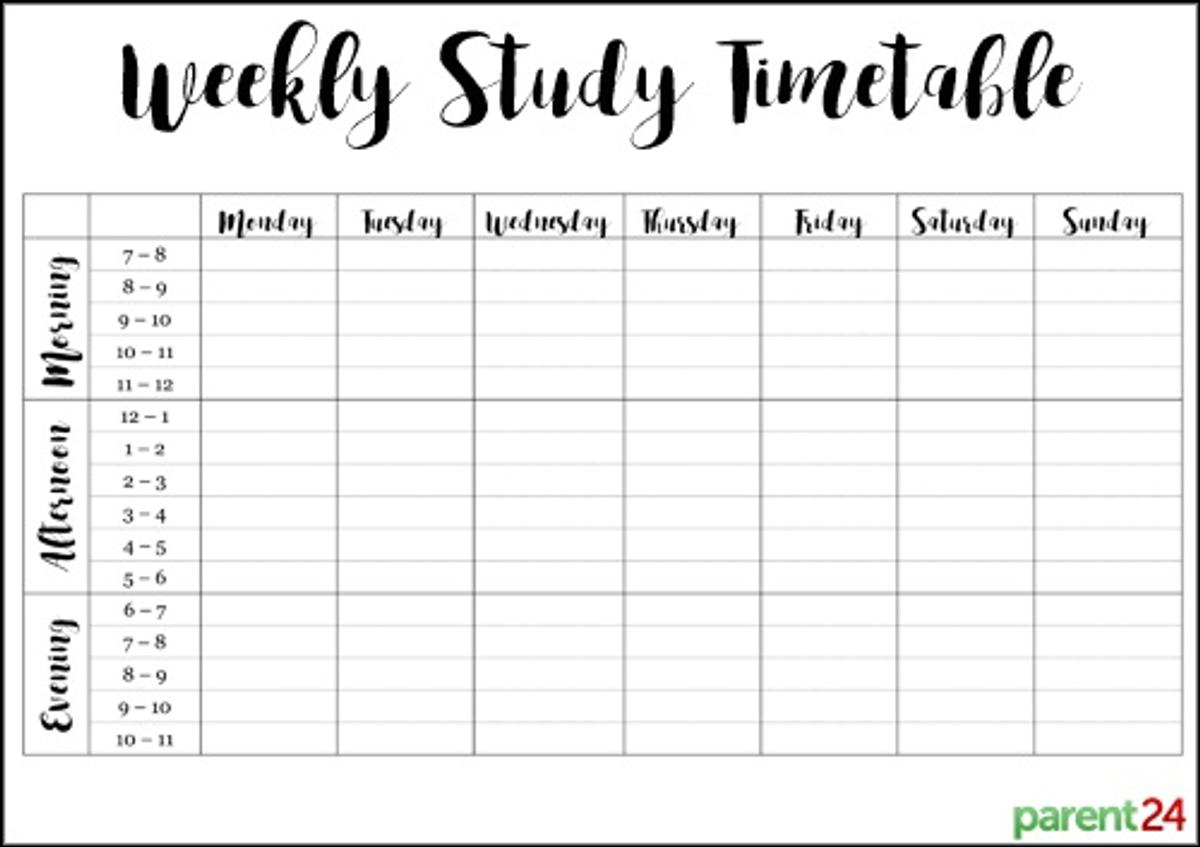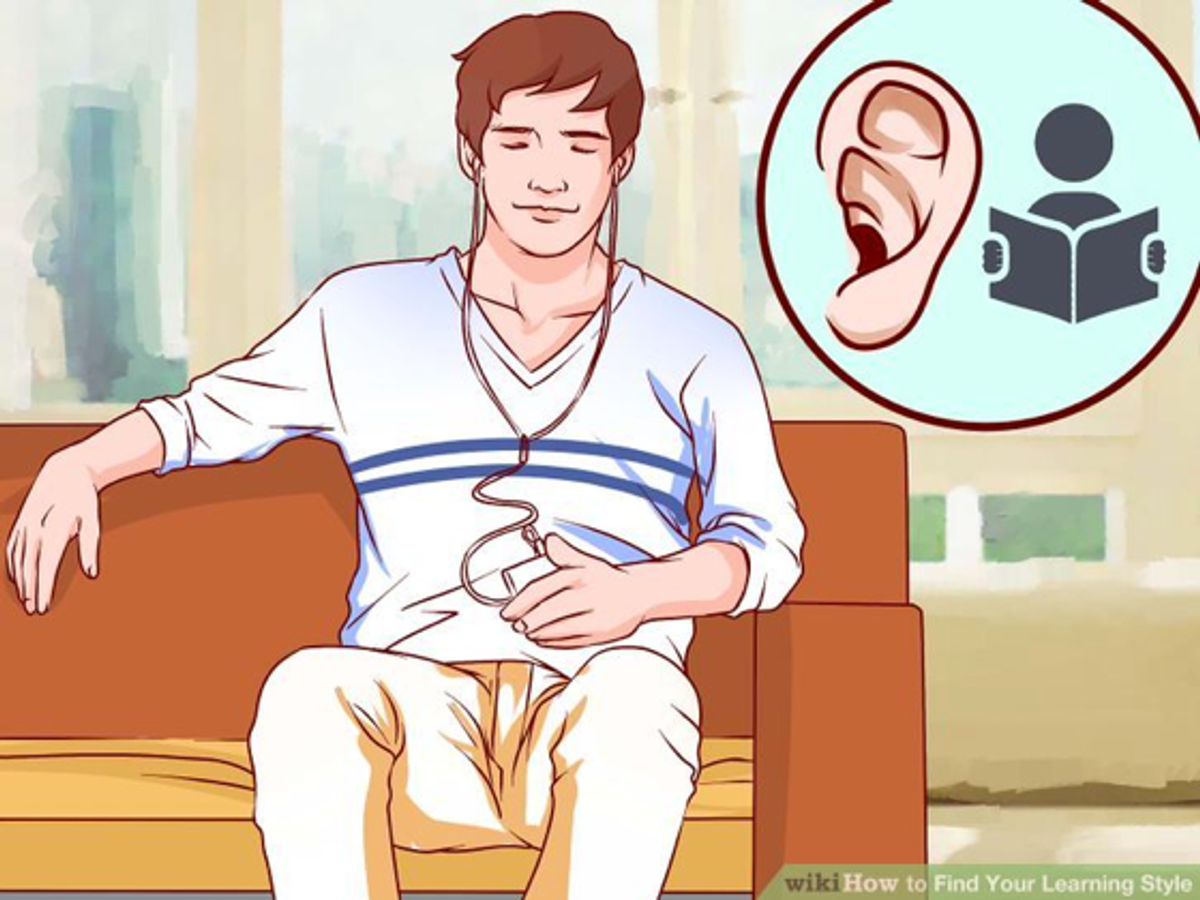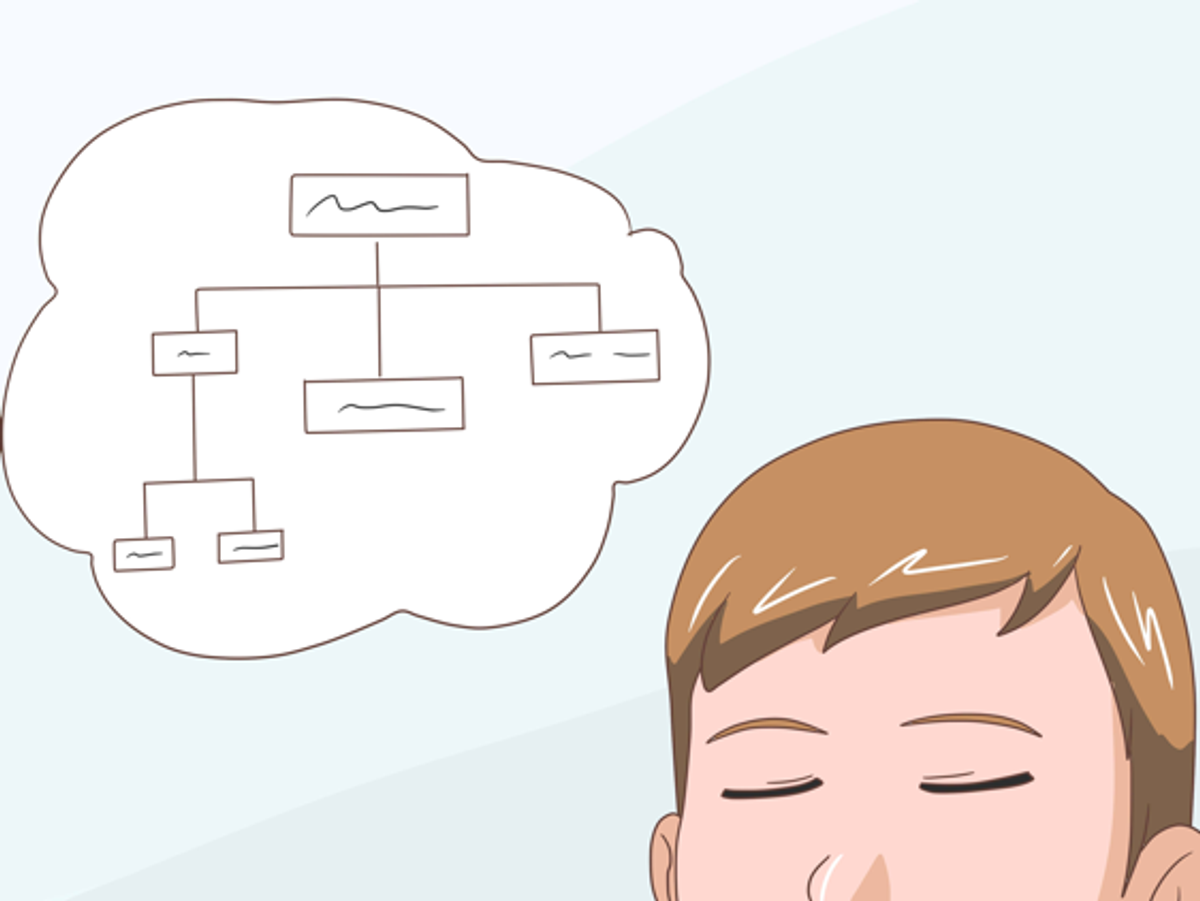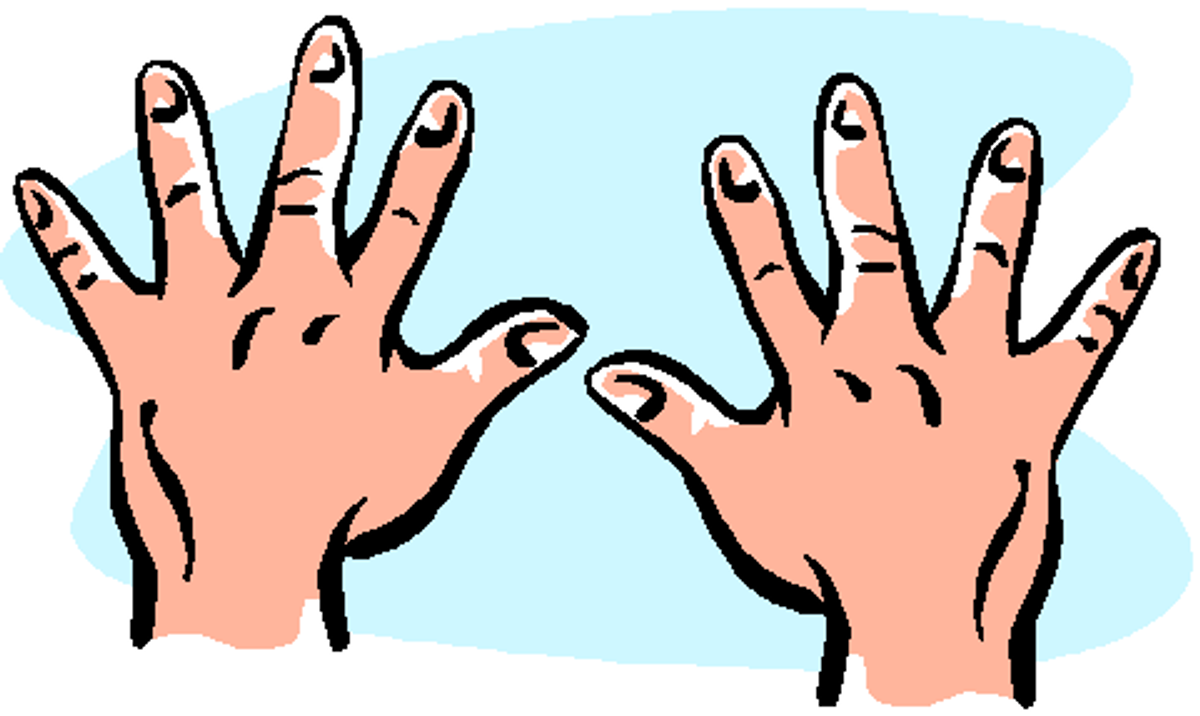How To Study for Exams
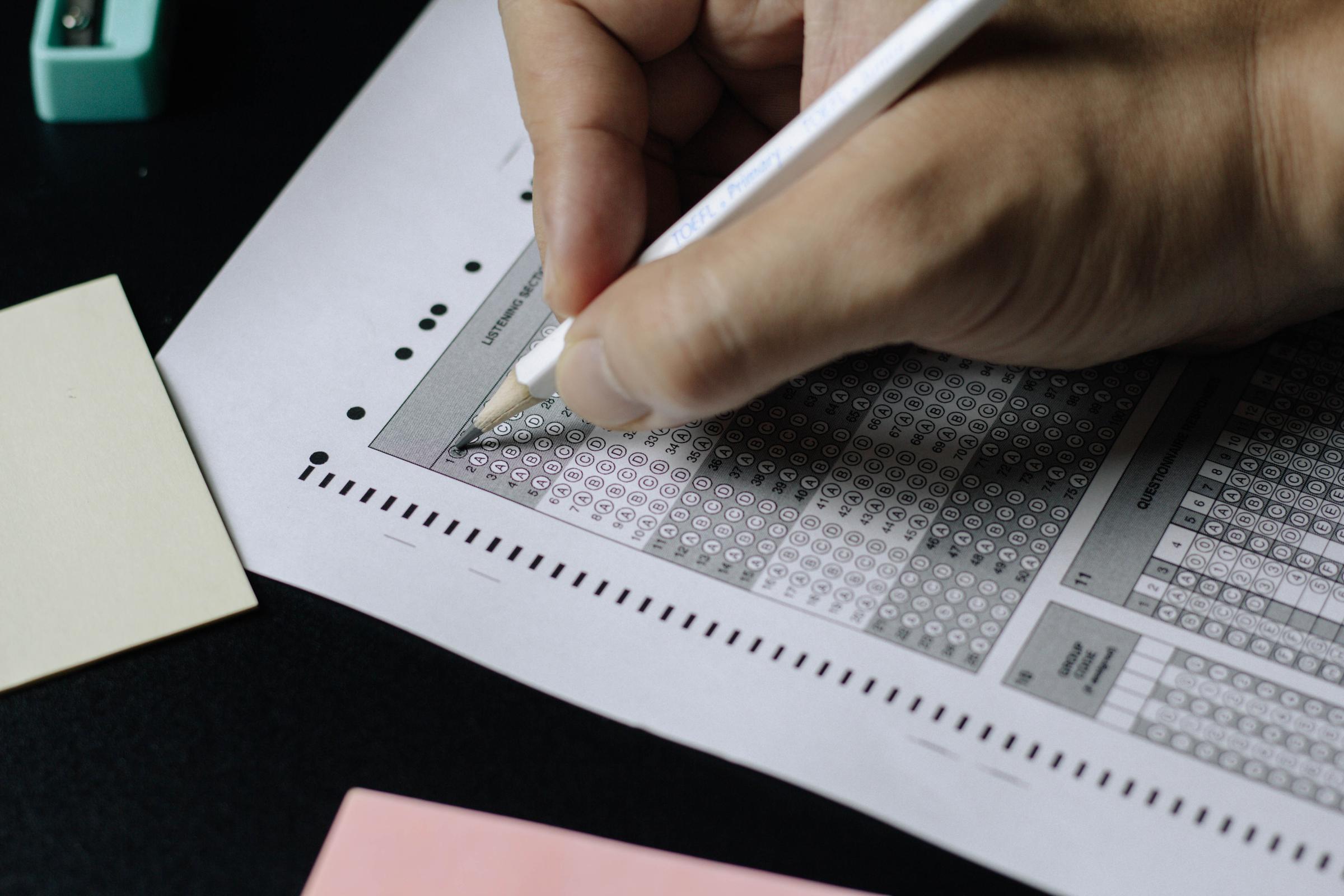
Exams are approaching. For our Unit 3 & 4 students, the first exam is on Wednesday 26th October! Year 11 and Year 10 exams will follow soon after. Read below for some useful study advice and how to look after yourself. Of course, please see your teachers for the best advice! Good luck and best wishes to all our students during the examination period!
Create a Study Timetable
First, know when your exams are!! Click here for the link to the VCAA Examination Timetable.
Then, create a realistic timetable. This is essential to balancing hours between your subjects. You can create your own timetable template on Excel, or you can download and print a timetable by searching “study timetable template” into google. You can then pin this to your wall or keep it in a folder for reference. Once again, although you need to keep a balance between your subjects, try and focus more on the subject(s) that you are struggling with.
Tips from VCAA
VCE examinations can seem like a daunting prospect but they don’t need to be if you’re well prepared.
These tips will help:
- Make sure you’ve got notes on each of the Key Knowledge and Skills set out in the Study Design
- Do 3 or 4 past exams to revise – if you can, work with friends to check and comment on each other’s answers
- Read the examination reports
- Don’t try and cram at the last minute. Draw up a revision schedule that makes best use of the exam lead-up period.
- Better to get more sleep than stay up late studying during the exam period
- Make sure you have two or three spare pens
- Read the questions carefully
- If you are stuck on a question, mark it, move on to the next and come back to it at the end
- Keep track of the time during the exam, and make sure you try and answer as many questions as possible
- Don’t leave the room early – use any left over time to revise and check
- And a last bonus tip – don’t try to cheat. It’s wrong, you’re cheating your friends, and in any case it doesn’t work – those trying to cheat get caught
Create Study Notes
What are study notes?
This is where you summarise, classify, categorise and evaluate the content in a way that makes sense for you to learn. You need to make sure you are NOT just copying and summarizing notes from the textbook.
Your study notes could consist of:
- Completing Edrolo units
- Glossaries
- Flowcharts
- Tables
- Flashcards
- Diagrams
- Concept maps/Mind maps
- Creating your own examples and analogies
- Sketching notes and diagrams
Or ANY other way that works for you!
Why make study notes? What’s in it for me?
- Help rehearse and consolidate material learnt in class
- Revisit areas of difficulty
- Steadily prepare for exams
- Reduce stress levels when it comes to assessment time
My Learning Style
Have you ever studied for a test, spent time writing out notes and then got into a test and found that you don’t know the information? Or that your grade comes back and you have been really disappointed? Chances are you may be studying, but are you doing it the best way for your learning style?
- We know that sitting down and re-writing information out is one of the hardest ways to learn and revise, for anything from a test to an exam... but most students use this method. STOP, have a look at how you best learn, and then learn how to study more efficiently, to your strengths, rather than just study.
- Know your learning style (visual, auditory, kinaesthetic). Your learning style will affect the way you spend your study time, and if done effectively will really streamline your studying and increase your knowledge (= less hours needed to study). Work to your strengths and areas where you are not as strong, you can look to improve.
- Complete a learning style quiz.
- Go to the following link and complete the quiz: (its quick – and no sign ups) What's Your Learning Style? 20 Questions (educationplanner.org)
- Look at the 3 main learning styles at the end of the quiz and read YOUR type: Auditory learner, Visual learner, or Tactile learner.
You may fit into 1 or you may fit into a few – there is no right or wrong combination. Once you know your learning style – read the tips below to help with your studies and revision.
Auditory Learners Can Benefit from:
- Using word association to remember facts and lines.
- Listening to podcasts and clips that discusses and talk about information
- Watching videos.
- Writing up cue cards and asking others (or mum) to read out the question to you.
- Repeating facts with eyes closed.
- Participating in group discussions
- Using audiotapes for language practice.
- Taping notes after writing them.
- If you have read something and still don’t understand – ask someone else to explain it to you – to talks to you about that topic
- Practicing presenting the information to others – like an oral presentation
- Learning specific information to a song. When you need that information, just think of the song – try it, it really works!
Visual Learners Can Benefit from:
- Drawing a map or timelines of events or process. Make outlines of everything!
- Copy what’s on the board.
- Looking at diagrams that explain a concept. A concept map is a fantastic idea, where you start with one idea/item and draw lines to all the linking information &/OR points
- Take notes, and turn these into great similarity and difference charts or cards, like a Venn Diagram or T-charts
- Make lists – either of things to do, or include or points
- Watch videos on a topic – make sure the content can be trusted
- Colour code, underline or highlight words, topics and areas on your notes
- Dot point or outline readings, rather than trying to remember it all.
- Use flash cards, either paper versions or electronic ones
Tactile Learners Can Benefit from:
- Notice when you're feeling your mind start to wander, rather than daydreaming.
- Short and sharp study will properly work better – 5 mins of power studying may work better than trying to read for 1⁄2 hour straight for you.
- Underline, highlight or make notes while you read - using efficient reading strategies will help you stay focused.
- Tense and relax your muscles or if you’re really struggling, 10 quick push ups will help.
- If you find you are having trouble concentrating, bounce a leg up and down to release some of the energy. This will help you to remain focused.
- Remove any distractions – use them as rewards, not as an excuse.
- If you still find things really hard, try to exercise before studying, so your body can relax and let your mind work.
- This can be hard, but with training and starting small, you really can train your body to do this! hese tips can also help everyone
- Manage your time well – use what you have allocated for yourself, don’t procrastinate, as this never helps .... DO WHAT YOU SAY YOU WILL DO
- There is always something to do – either projects, assignments, revision for test, catch up work to do, so staying ahead will reduce your stress levels
- Step up a space for you to study, or somewhere that works for you – you may need to ask for help with this at home or use the library
- Use timers to help you with your study session times if you need.
12 Effective Memory Techniques
- Early Review and Rehearsal: To remember any piece of information, begin the review/rehearsal process as soon as possible after the information enters your short-term memory. If nothing active is done to create long-term memories, most of what you learn will be forgotten. This means that you must interact with the material or information when first encountering it and then do active review exercises to avoid forgetting.
- Multi-Sensory Effect: The more senses and intelligences that you use in the review stages, the more likely you are to remember the material. Using many different sensory associations increases your chances of recall. Research has shown that visual associations are the most powerful of all.
- Recency and Primacy: It has been proven that individuals remember more of what was learned at the beginning and end of a learning session. In other words, you remember things or events that happened first or that happened most recently. In terms of learning, this suggests that it is wise to have many beginnings and endings during the study period, whether it is in class or at home.
- Similarity Effect: It is easier to remember information that has been grouped, organized, or clustered than information that has not. This simple principle can help improve the capacity of your memory. For example, if you are trying to remember what to do to plan for a birthday party, you could group like items together, such as Guests, Food & Drink, Games and Decorations.
- Assimilation: Effect Items that have been grouped together are easier to remember because your memory works more efficiently when it makes associations. Linking similar items is just one example of association which aids memory. Other ways are listed below:
- Emotional Effect: We also remember information or events that have strong emotional attachments, either negative or positive. To test this, ask yourself if you remember the first time you fell in love or your first kiss. The memories are clear and vivid because of the intense emotions attached to them.
- Intensity Effect: The more intense the feeling, color, smell, pain, or joy, the more likely you are to remember it.
- Meaning Effect: The more meaning you attach to something, the less likely you are to forget it. For example, it is easier to remember a sentence than a list of random words because our brain latches on to the meaning conveyed through patterns of language.
- Strangeness Effect: You are more likely to remember something that is outrageous, shocking, or out of place. So by creating zany, wild, or untraditional associations, you are sharpening your memory.
- Specificity Effect: Specific and definite information is easier to remember than vague information that lacks easy definition.
- Repetition Effect: The more something is repeated, the more it is embedded in your long-term memory. This is an essential aspect of memory training which cannot always be compensated for by other factors.
- Storytelling Effect: Weaving random items into a story is an excellent way to aid memory, often producing 100% recall. This is one of the most effective ways of remembering a list of unrelated items. It’s easy to learn and almost anyone can master the technique after a few tries. The challenge then becomes how many items you can add and how outrageous, funny, or colourful you can make your story, for maximum effect.
Look after Yourself
As they say, healthy body healthy mind. This is so true when it comes to exam periods. Please do your best to get good night's sleep (at least 8-9 hours per night) and maintain a healthy lifestyle by exercising and having a balanced diet. You will be able to study and think a whole lot more clearly, as well feel a lot less stressed, if you treat your body well.
If you find the pressures of preparing for your exams become too much, please reach out to your family/friends, our Wellbeing department or contact a professional support such as Beyond Blue, your GP or mental health professional.
Compiled by Shane Hunt
Community Relationships & Connectedness

